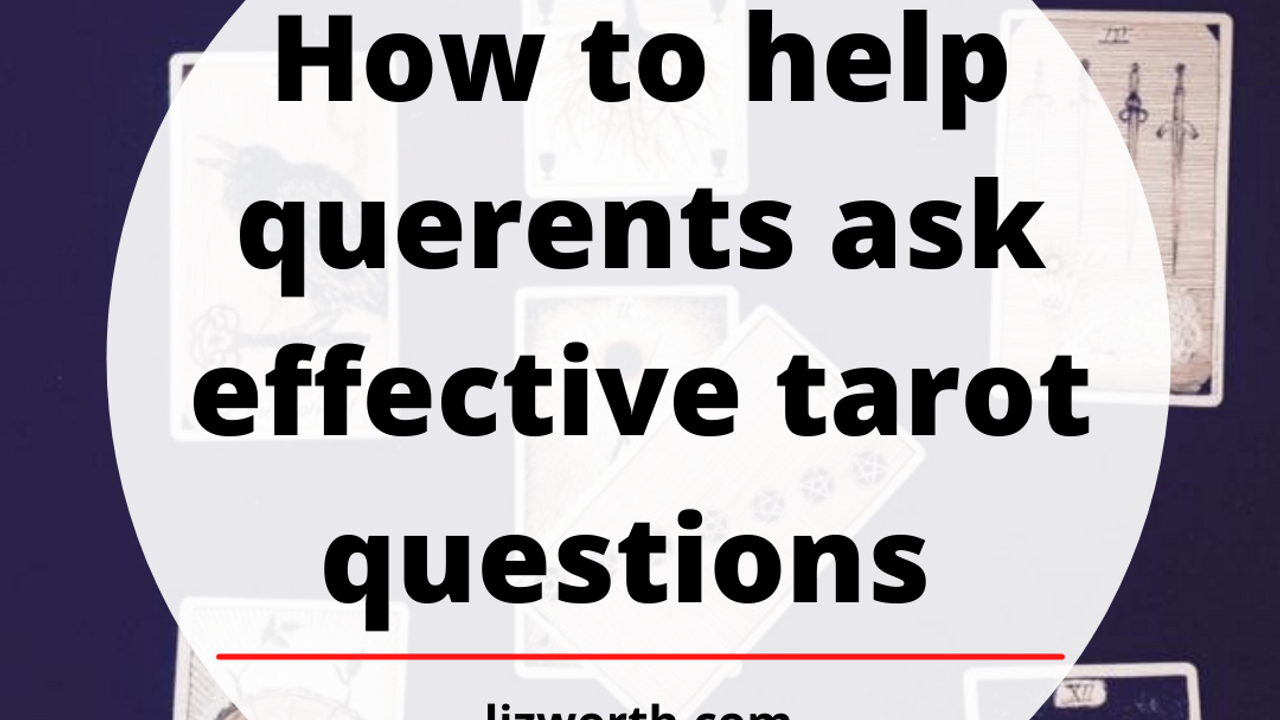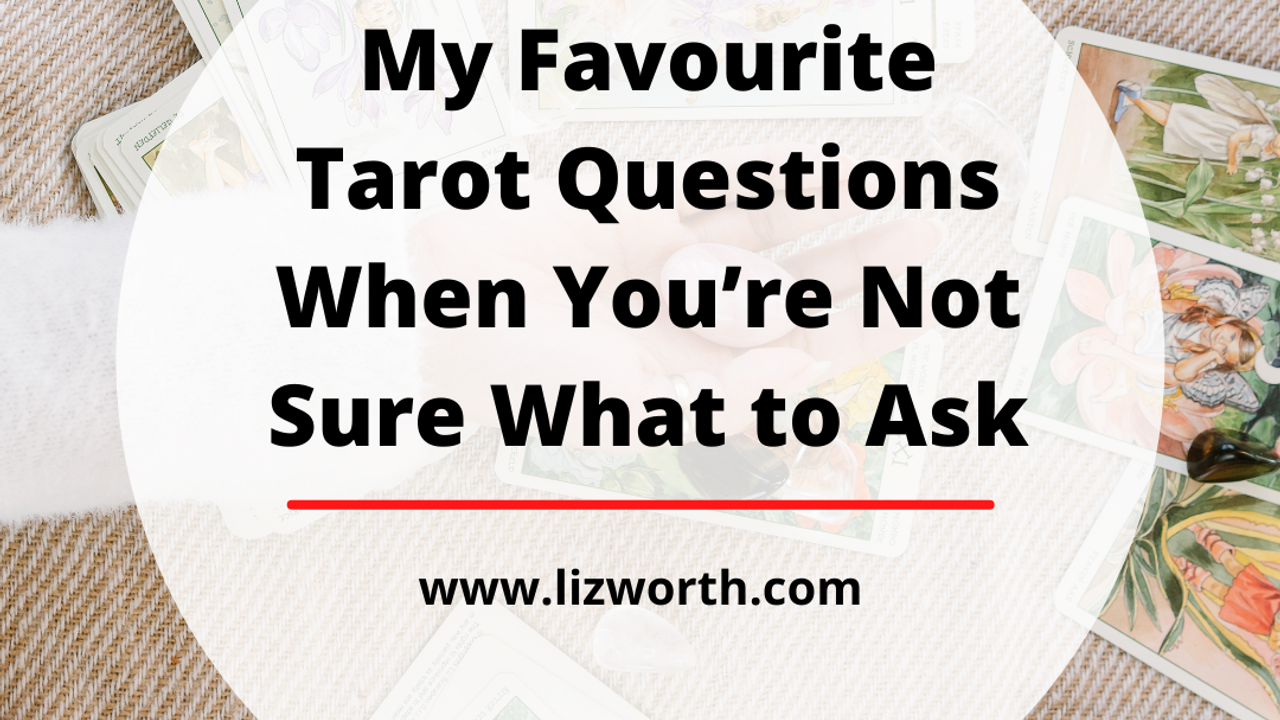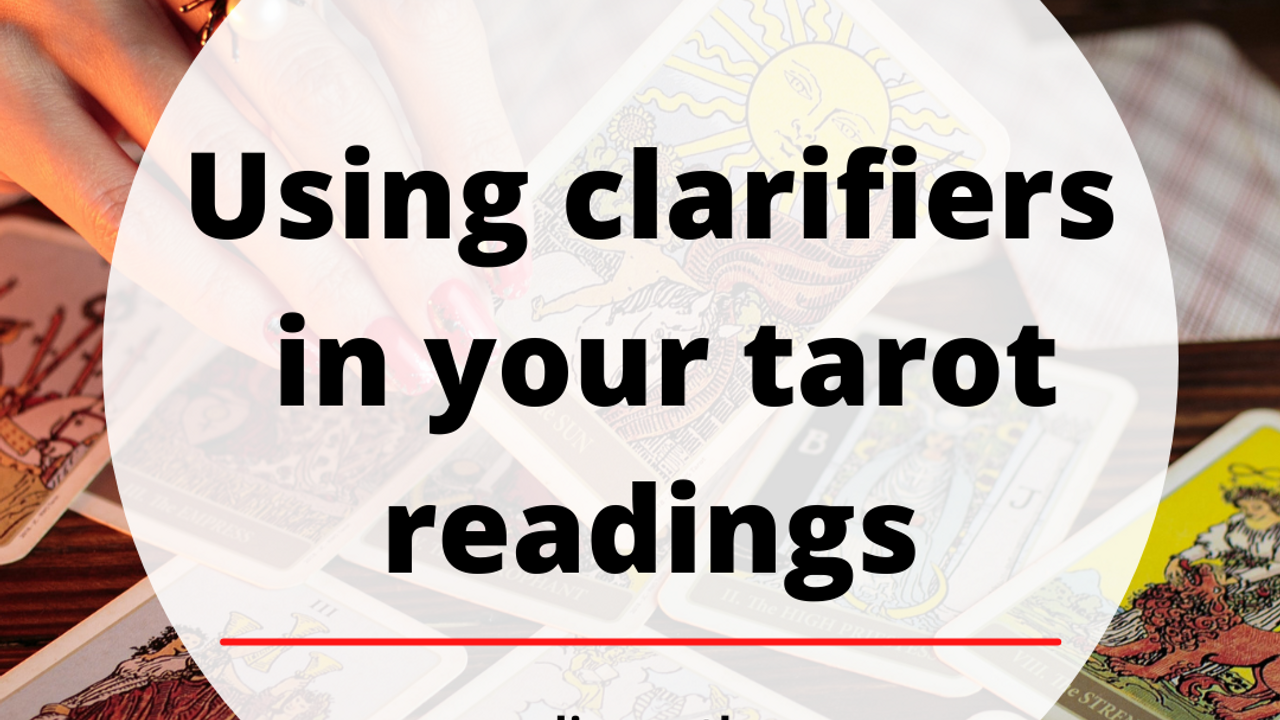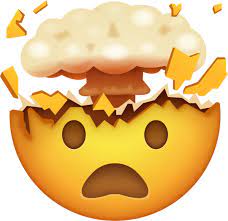How to deliver a life-changing tarot reading

Sometimes reading tarot can feel frustrating.
You might get cards that don’t seem to fit the question, or see something you didn’t expect to come up.
And readings can also feel like they’re just not hitting the right points to feel productive.
When I got my first tarot reading in the late `90s, I was amazed at how helpful it was.
And I held onto a lot of the information I received that day. It became important to me, and
gave me hope for the future.
Which is what I set out to do when I started reading tarot for others.
I do this work to help other people, first and foremost.
And I’m sure you do, too.
Over the years, I’ve seen what tarot can do for people: I’ve had clients who’ve made huge life changes, grown more confident, and gotten clearer about who they are and where they’re going.
But not every tarot reading goes that way.
Sometimes you might not always feel a reading went as deep, or was as productive as you’d hoped.
There are some things you can focus on to change that, though. Every readin...
Tarot As a Reset Button

It’s one of the most common questions I hear when people sit down for a tarot reading with me.
But it’s important to remember that tarot isn’t always about knowing the future – instead, it can be about healing the present.
It’s not always easy to be yourself in this world.
In fact, it can feel pretty scary to share your feelings. Or to express a part of yourself that you’ve been told is wrong because it doesn’t fit into society’s preconceived notions of how you are “supposed” to think, act, look, or speak.
The problem with assuming that a tarot reading only serves to see the future is that it overlooks so many other ways that tarot can help you break out of limiting expectations.
It can help you begin to heal from the pressure and burnout of work, routine, and daily survival.
It can help you to see where your desires got lost or neglected along the way in lieu of living someone else’s dream.
Tarot helps you connect to who you are so that you can g...
A few things no one taught me about reading tarot

Recently, I’ve been trying to think about how my tarot practice evolved into what it is today in terms of the habits and beliefs I’ve built around my processes.
There are so many things that we learn about practices like tarot on our own, through trial and error, experience and reflection.
It’s not possible to learn everything from a teacher, mentor, class, or book. Our knowledge builds from so many different sources, influences, and experiences.
Here are a few things no one ever taught me about tarot, but that I learned to do along the way all the same:
1. It’s okay to take a moment to study the cards you’ve pulled before delivering any messages.
When I’m reading tarot for someone, I don’t launch into the reading the moment the cards are pulled. I always take my time to see what’s shown up, look for patterns or other interesting details, and consider the elements that are present.
Sometimes this long pause makes querents nervous, however: For a nervous sitter, that silence might b...
How to help querents ask effective tarot questions

Like any tool, tarot can be helpful.
But only when used correctly.
I hope this doesn’t sound controversial – it shouldn’t, because it’s true: Not every tarot reading will feel magical, special, significant, or even important.
That can apply to readings you do for yourself, as well as for others.
It’s one thing to have a reading fall flat for yourself.
But it’s a whole other ballgame if you’re reading for someone else. Even if it’s just for fun for a friend or family member, you might still want that reading to feel productive for them.
Often, the issue is not with tarot itself. Instead, readings can feel unproductive or unhelpful because the question being asked isn’t clear, or isn’t suitable for tarot.
It can also happen that the question is being asked far too often, or touches on something that doesn’t need to be explored for whatever reason.
Sometimes life is humming along just fine. Not all situations need to be fixed or improved.
So what can you do when someone wants a r...
My Favourite Tarot Questions When You’re Not Sure What to Ask

Do you ever feel like you’re stuck on asking the same few questions whenever you pull out your tarot cards?
Like anything else, tarot can get stale over time. It’s not unusual for readers to get a bit bored or feel disconnected to tarot, no matter how much they love it.
We are human, after all, and tarot is like any other relationship. Sometimes we feel deeply aligned and in flow, and other times we might feel as though we’ve grown apart.
Over the years, I’ve had numerous moments where I craved tarot and was compelled to give myself a reading. But when I sat down with my cards, I realized I wasn’t sure why I felt that, or what I wanted to read on.
We don’t always have to go over the same topics or types of questions with tarot. There are popular go-to questions like, “What should I focus on right now?” Or, “What do I need to know right now?” that aren’t bad inquiries on their own.
But like anything else, they can feel stagnant, especially if they’re overused.
Not only that, bu...
Using clarifiers in your tarot readings

A common question I hear from tarot students is, “Should I be using clarification cards?”
And if so, how?
Clarification cards – or clarifiers as I like to call them – are additional cards that are pulled when the initial reading doesn’t feel like it’s giving a reader enough information.
Just describing this technique sounds benign and helpful. Why wouldn’t you want to get a little more information about a reading, right?
But talking about clarifiers is like opening a can of worms: This technique draws strong opinions on both sides of the fence about whether it’s necessary or useful.
My tarot practice has evolved over time, and I’m sure yours has too. (Or if you’re still new to tarot, trust me when I say it will – we all grow and adapt to our own ways of reading cards.)
Just as I used to use reversals, there was also a time I experimented with clarifiers.
But in the end, I found that clarifiers didn’t add much more to a reading than what was already on the table.
I also decided ...
Do we focus too much on intuitive development in tarot?

A few years ago, a question came to sit with me:
Do we focus too much on intuitive development in tarot?
I’ve shared before about some of the misconceptions I had about tarot early on. I felt so much pressure to intuit and download messages psychically that I didn’t take proper time to sit down and actually look at my tarot cards.
Which was a big misstep, but there is so much information the tarot lays right out in front of you. And yes, reading tarot can feel like a psychic experience, as it is eerily accurate. I’ve had clients ask me, “How did you know that?” when I hit on something so specific that I couldn’t have known otherwise.
But I just tell them as I see it: It’s all in the cards.
Still, I have spent time learning about other skills. I’ve studied mediumship and channeling. I’ve gone through a lot of workbooks and classes about intuition and psychic ability.
Has it helped me as a tarot reader? It probably doesn’t hurt – but I don’t think it’s been as much of an influence ...
3 Tarot Reading Tips You Won’t Find in the Little White Book

From the outside, tarot might seem like it’s easy to learn: You get a deck of tarot cards, read along with the little white book, and away you go.
Or, you just feel your way through a reading, letting your intuition guide you.
Right?
Well, actually… there’s more to learning tarot than memorizing the card meanings you find in the little white book that comes with your tarot deck.
And while intuition can certainly influence a tarot reading, it’s not always so easy to figure out what our intuition is telling us, or how (or if) intuition even works. I’ve had many people come to my tarot workshops who admit they “don’t believe they are very intuitive” and are hoping tarot might help develop that part of themselves.
So don’t take it for granted that simply owning a tarot deck and flipping a few cards will somehow reveal an insight or answer that wasn’t available before.
If you want to read tarot…you have learn how to do that. It doesn’t usually just happen by magic.
But don’t be...
Do your tarot readings ever feel like guessing games?

A couple of weeks ago, I got an email that sounded like it should have landed in my spam folder instead of my inbox.
I didn’t recognize the name, and the subject line was vague: “Checking in” is all it said.
Still, I opened it anyway.
The email was short and read: “How are you doing? Are you busy? I need a little favour from you.”
I was about to hit delete, but I wanted to make sure this wasn’t a past client or student who perhaps had a question about something they’d purchased from me.
So I searched their name in my inbox, and an old message came up. The name suddenly rang a bell: It was a neighbour who lives in my building, and who I chat with whenever we run into each other.
But her surname had escaped me, having only seen it once before when she had emailed me in 2018 about donating some old books to a rummage sale.
I went back to her email. “Are you busy? I need a little favour from you.” The thing was, I was busy. I had a couple of hours to finish some homework for a class...
I took a survey of tarot readers. What I learned surprised me.

Earlier this year, I was doing some research within the tarot community.
I surveyed tarot readers at all skill levels to find out why they love tarot, and what they most often use it for.
You know what surprised me the most?
Seeing the huge disconnect between what tarot readers use tarot for, versus what tarot clients want and expect in a reading.
What do I mean by that?
I’ve read tarot for over 3,000 people and counting. And you know what the majority of those people have had in common?
They wanted help making decisions.
But when I asked tarot readers what they use tarot for, less than 5% of respondents said they use tarot for decision-making.

So here’s a tip: Tarot clients don’t necessarily think like tarot readers.
I know that not everyone wants to read tarot for other people, and that’s totally fine.
But if you do want to read tarot for others, I strongly recommend developing tarot skills that will help you serve your querents and clients best.
All of what I teach as a...
